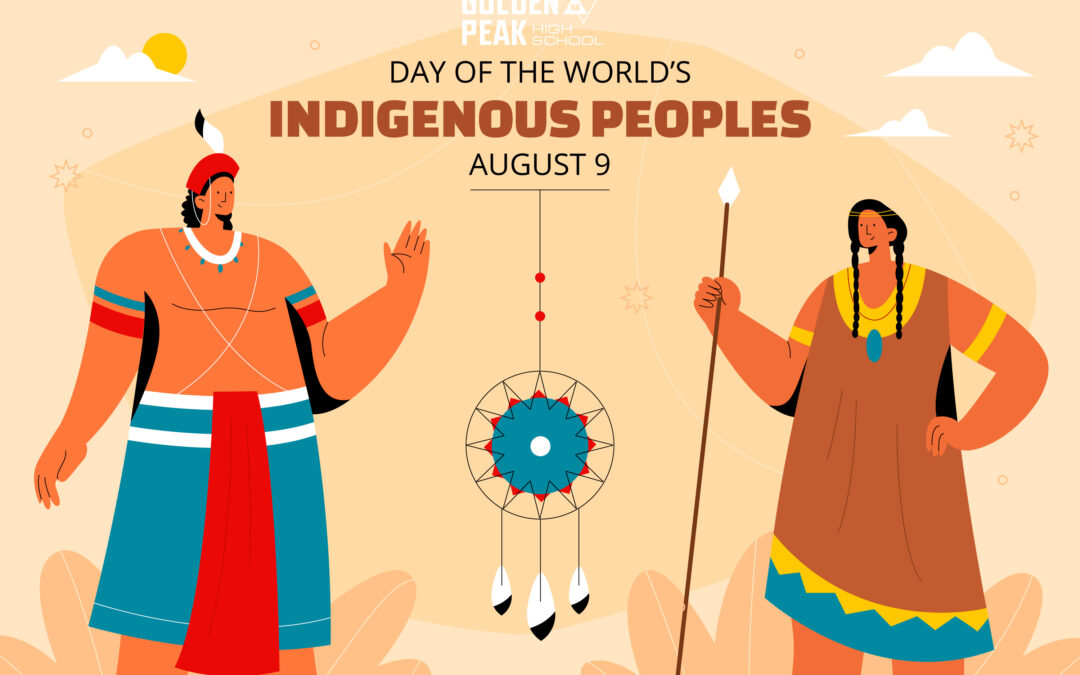The sustainable way of life practiced by indigenous communities is deeply rooted in their close relationship with natural resources. This connection not only enables them to live sustainably but also contributes significantly to global environmental stewardship. Despite these invaluable contributions, indigenous communities often face challenges such as land dispossession, cultural assimilation, and socio-economic marginalization. The impacts of climate change and deforestation further exacerbate these issues, putting their traditional ways of life at risk.
This year, the theme of World Indigenous Day is “Indigenous Youth: Agents of Change for Self-determination,” which emphasizes the critical role that young indigenous people play in preserving their cultures and advocating for their communities’ rights. This theme underscores the importance of empowering the younger generation to continue the legacy of their ancestors while striving for the self-determination of their people.
Commemorating this day involves acknowledging the resilience and strength of indigenous peoples and encouraging them to take control of their futures. It also calls for greater participation of indigenous communities in international dialogues. By honoring and safeguarding our indigenous peoples, we recognize their contributions to future generations and the world at large.
Chhoying Dolma Sherpa (Grade: 9)


